Community, Function and the Narrative: Learning from other Professions around Rehabilitation

In this month’s Clinical Insight, we think about the concept of musculoskeletal (MSK) practice and rehabilitation within the NHS 10-year Plan, particularly shifting to community-based care.
So what does community-based MSK rehabilitation potentially look like?
Firstly, it’s not in a hospital setting and as we move forward in MSK rehabilitation, we must challenge some of the models that we utilise in those environments.
When we consider physical rehabilitation as clinicians, two strong partners must be inter-twined: function and behavioural change approaches.
Functional Assessment
Let’s open with function: it’s a commonly used term but as MSK clinicians do we really understand the functional limitation of our patients?
If we did, we might engage with the problems differently. How individuals manage and cope within the home, at work and socially can be improved by exercise, but also by modifications to the environment, the home, and at work.
For MSK conditions are we good at this, and in a hospital environment, how do we assess this?
Commonly, MSK practice fails to engage the complexities of a functional assessment that is needed to really understand and then ultimately support limitation. Other parts of the profession and our rehabilitation partners may do this better.
Occupational Therapists offer a far greater “real world “assessment in and around what matters to the patient, and as a profession MSK practice could learn much by looking at how assessments in a social, cognitive and occupational perspective are carried out, modifications made, and goals set.
Broadening Our Goal-Setting Approach
Goal setting is such a skill and similar to understanding a functional limitation, could be achieved with more success with a change in perspective in what is important, as we learn how to establish that with our patients.
This is also supported by moving the physical elements of assessment looking at specifics to a broader model, with a greater drive to build a relationship that allows for a freedom of the patient to express what matters them, but also their families, friends and work in how they will successfully interact in those contexts.
It could be argued these conversations lack that openness and depth as we focus on pain and individual muscle, joint and tissue dysfunction.
Of course, this approach is not for all, and tissue-based approaches are great for a cohort, and this falls within the final component of how we reason to a conclusion. The linking of a narrative reasoning approach to a deductive one if needed, is a skill that hinges on communicating verbally and non-verbally and being able to generate a different environment for expression.
MSK practice can hinge on pain and movement, performance and power, but sometimes miss the subtleties of functional success and contextually driven protocols that are meaningful.
To do this, the MSK clinician will need to be far more creative, and be able to provide non-protocol models, as every rehab patient has that individuality to their lives that needs exploring and applying a creative solution to recovery.
So, in conclusion, the environment we work in, the environment we create for the relationship with our patients and the context of how we assess, are hallmarks of better MSK rehabilitation, and as we couple that with a more goal-set, functional model of supportive approaches, our patients can focus on what matters to them.


